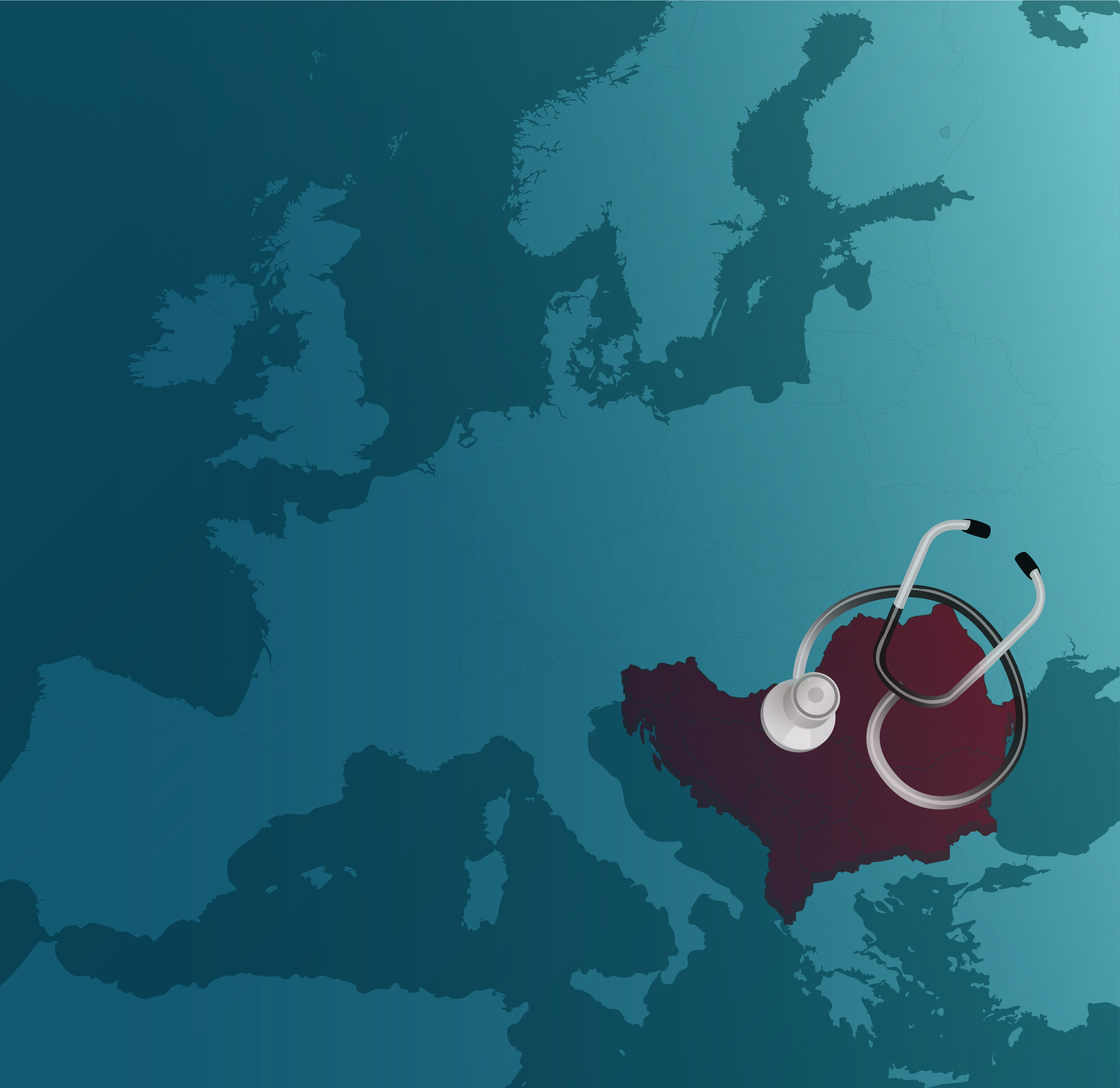Key findings
Many local health systems remain excessively decentralised, complicating the process of modernisation. Bosnia and Hercegovina is split into three separate regions, one of which has ten separate cantons, and each has its own health fund. Elsewhere in the region, individual localities and hospitals have significant autonomy and resources, making the standardisation of services more difficult. An emphasis on secondary care over primary care and a lack of measures to encourage more efficient health delivery have often meant poor use of health budgets.
Universal health insurance remains inconsistent and out-of-pocket costs are rising. While many of the Balkan countries nominally guarantee universal healthcare, access to services can be uneven and out-of-pocket costs remain high, accounting for as much as 40% of healthcare expenditures in Bulgaria and other parts of the region.
Comprehensive and consistent systems for health technology assessment (HTA) are non-existent or underdeveloped in most of the region. Most of the countries in the region have no HTA infrastructure to speak of, although those that are already EU members are increasingly looking to co-operate more closely with EU-wide initiatives, given their small size. Even in countries such as Croatia and Slovenia, where HTA systems are beginning to emerge, their use has yet to become standard practice.
Austerity measures have led to reduced spending in many parts of the health budget, especially in the area of pharmaceuticals. Most Balkan countries continue to struggle economically in the wake of the global financial crisis, with incomes well below the European average. While many of the most cutting-edge medicines and devices are reimbursed in principle for all citizens, the reality is that governments have cut health budgets in recent years, many face shortages or a complete lack of accessibility to the latest treatments, and some of the poorer countries often find it difficult to maintain access to even basic technology.
Balkan health systems need to improve their procedures for negotiating prices for medicines and devices. Most governments in the region have poor systems for negotiating competitive prices for essential drugs and devices, reflecting the lack of a comprehensive system for assessing healthcare investments and, in some cases, local procurement practices.








